The campaign, which has been dubbed ‘BeBatterySavvy’ is part of an industry-led initiative to reduce the risk of fires at waste sites linked to lithium ion batteries.
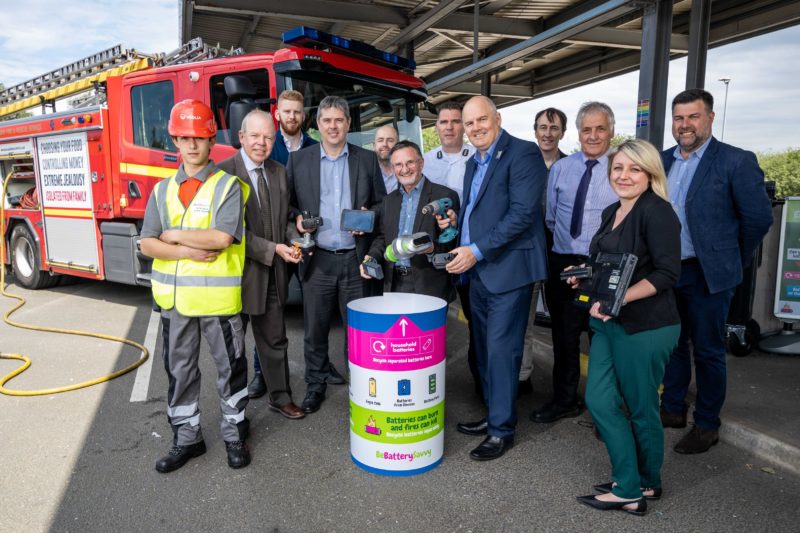
Lithium ion batteries, which are commonly used in household electrical items, can pose a danger if they are damaged during processing or transport. It is hoped that by encouraging householders to separate batteries out from their electrical goods, this may reduce the chances of batteries entering WEEE processing lines.
“Batteries can burn and fires can kill – Recycle batteries separately” is the strapline for the campaign which is running from June to October.
The campaign is part of the SAFeR WEEE (waste electrical and electronic equipment) project which aims to find out whether people are willing to separate batteries from electrical goods for recycling.
This trial is being spearheaded locally by Merseyside Recycling and Waste Authority (MRWA) and Merseyside Fire & Rescue Service, working with industry partners Axion, Eunomia, S Norton, Veolia, Viridor and WasteCare.
Trial
Three HWRCs are participating in the trial, at which people will be able to separate batteries and WEEE (small appliances) into:
Batteries (of all types);
Small appliances with batteries that cannot be taken out; and
Small appliances with batteries taken out – these will go in with ordinary WEEE
MRWA says that alongside special recycling banks, the campaign will be backed by communications across social media and new site signage, while site operatives will be given training and branded hi-vis clothing to raise awareness of the
“We don’t want to risk fires at our Recycling Centres, or further down the supply chain, so we’ve joined this campaign to make members of the public aware of the dangers batteries can bring.”
Cllr Tony Concepcion
MRWA
Speaking at the launch of the campaign this week, Councillor Tony Concepcion, chairperson of the MRWA, said: “We’re seeing an increase in the amount of electrical items coming into our Recycling Centres, which is to be expected considering the number of gadgets people use these days. However, this increase is matched by a rise in the number of batteries which, as we’ve seen around the country, can be a potential danger.
“We don’t want to risk fires at our Recycling Centres, or further down the supply chain, so we’ve joined this campaign to make members of the public aware of the dangers batteries can bring. We’ve installed new containers and signage at three of our sites and depending on how the campaign goes could roll this out to the rest of our HWRCs.”
Lithium ion
Lithium ion batteries are widely found in consumer IT and electronics products. While accidents are rare when these batteries are used by consumers, handling at the end of life, particularly if the battery gets punctured during transport or processing, can lead to fires by igniting other combustible waste.
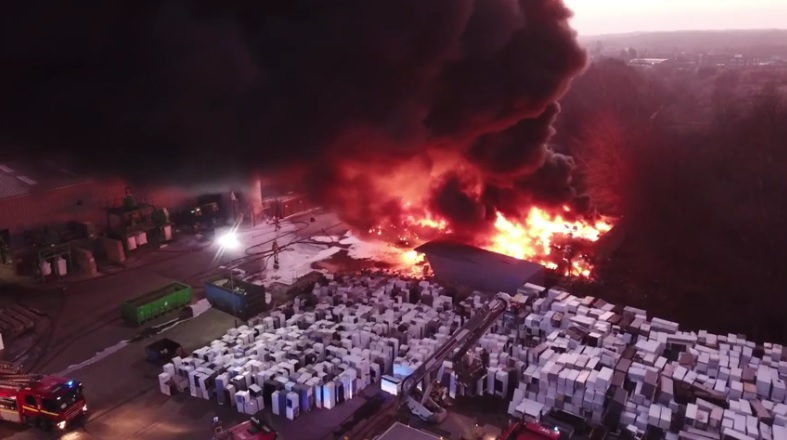
As a result, Li-Ion batteries have increasingly been linked to fires at waste sites in recent months – including a blaze at Viridor’s St Helens WEEE processing site which broke out in February (see letsrecycle.com story).
The SAFeR WEEE project is being funded by the WEEE Fund generated from the WEEE Compliance Fee in 2017 – to respond to the risk of fires at sites. Results from the trial will be shared in December, and it is hoped they could form the basis of a new voluntary collection protocol for the industry.
Scott Butler, WEEE Fund manager, said: “We are delighted to support this collaborative project that will explore the safe handling of lithium ion batteries at end of life, and help the UK minimise fire risks at recycling sites.”






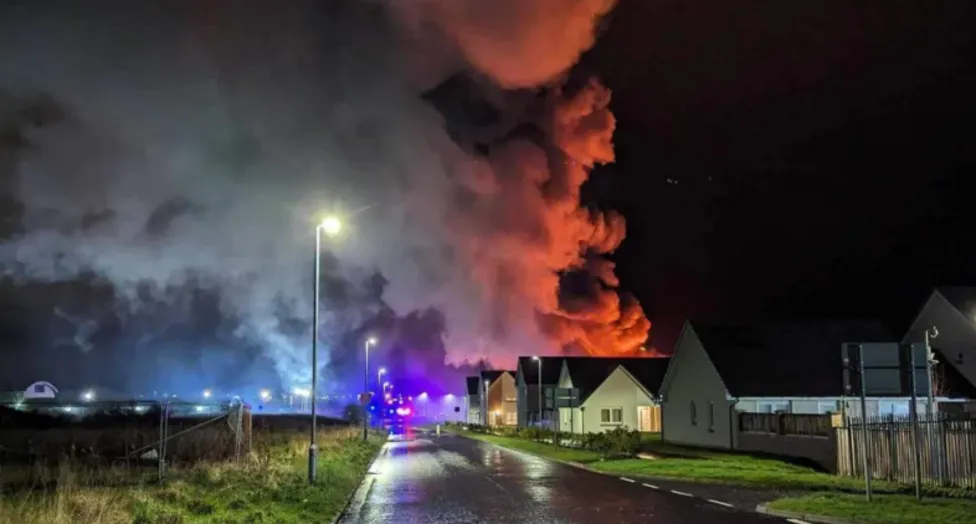
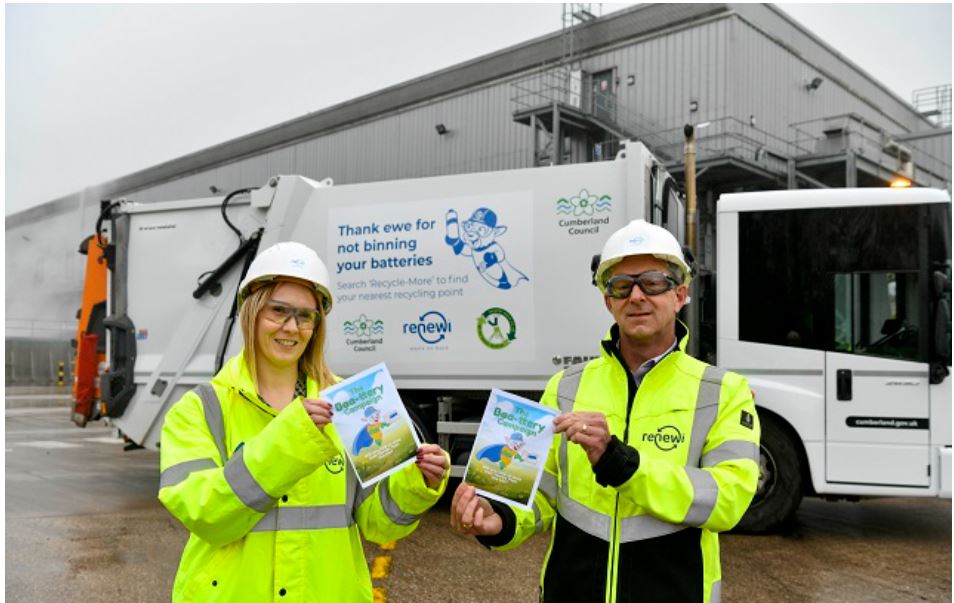
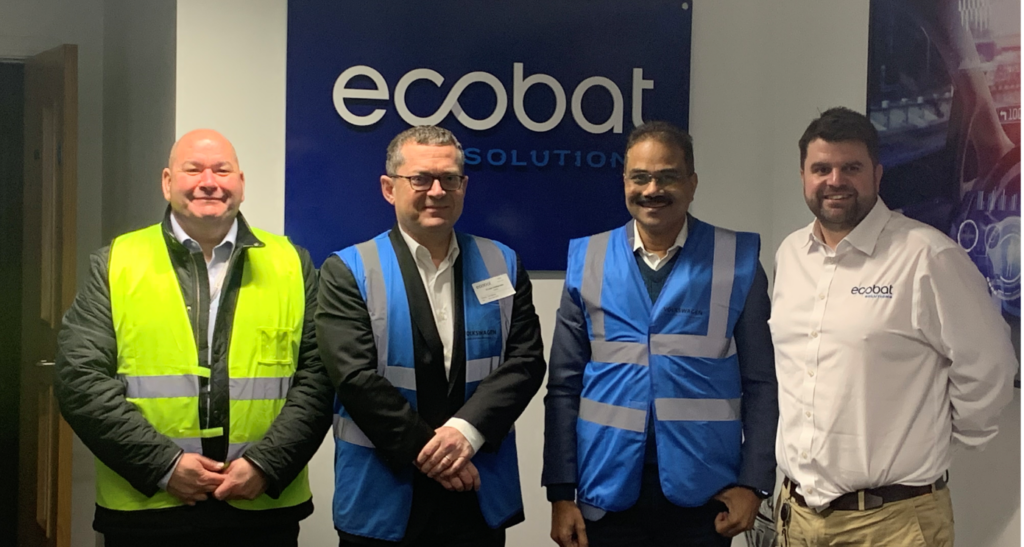


Subscribe for free